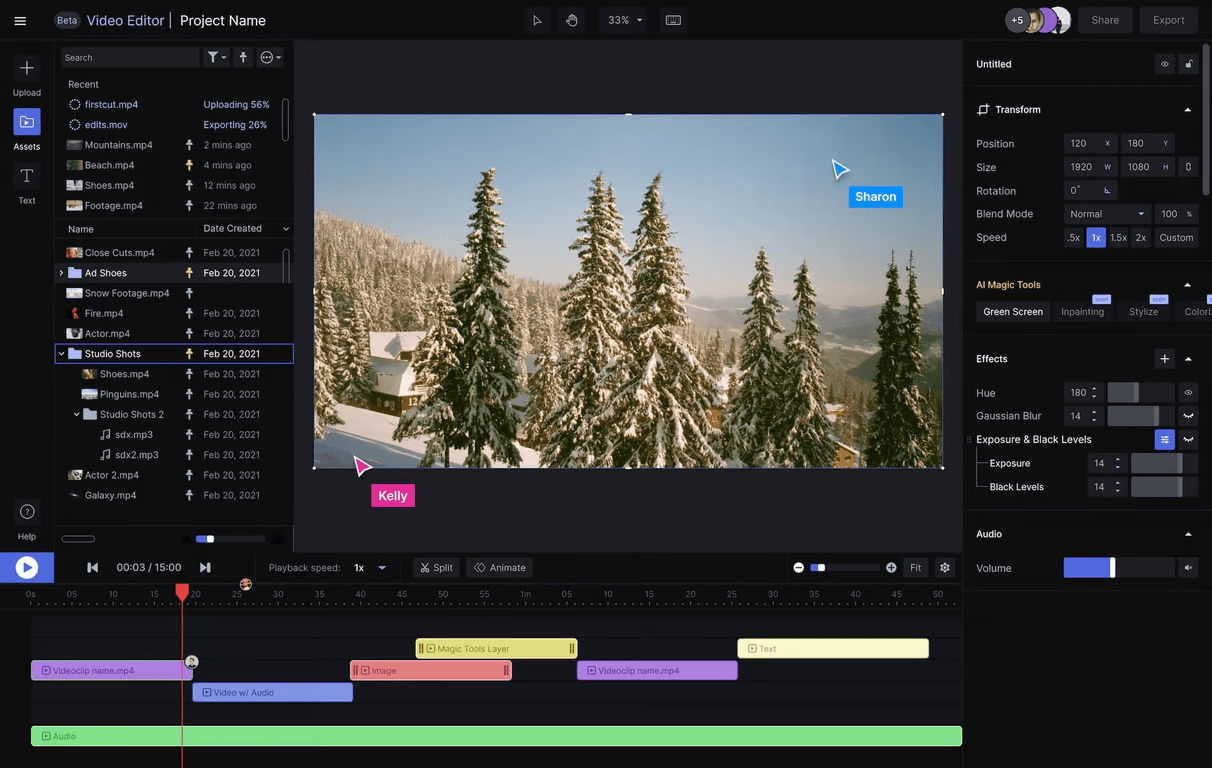As of April 2023, over 4.15 million online stores globally use Shopify. Of course, these online stores are live on the internet, but the number of websites using Shopify to date is even surprising – 6.45 million.
In 2022, about 649 million people used the Shopify store to make purchases, which is predicted to increase to 700 million customers in 2023.
Customers are converted from organic traffic, which is a source of business for Shopify store owners. Organic traffic is the visitors you get from search engines such as Google, Bing, etc. According to Hubspot, The First Page Wins – 75% of the users prefer to click on the search results on the first page.

But what if your Shopify store is not optimized for the search engines and does not appear on the first page of Google?
Well, then, you are missing out on everything – your customers, your visibility, and your revenue. You may need Shopify SEO services to get benefits for your online visibility and organic traffic.
Let’s dive into some more advanced techniques and strategies for Shopify SEO that can help take your brand to the next level.
Conduct Keyword Research
Keyword research is a fundamental part of any SEO strategy, and it’s no different when it comes to optimizing your Shopify store. The first step in keyword research is identifying keywords relevant to your business and industry.
The professionals providing SEO services for Shopify provide you with a list of potential keywords with the use of some tools like Google Keyword Planner, Ahrefs, or SEMrush to determine their search volume and competition level.
It’s not a surprise that high-value search terms are what your prospective customers can use. So, when conducting keyword research for your Shopify store, the professionals usually focus on long-tail keywords (keywords that consist of three or more words).
However, remember that the eCommerce keywords analysis differs from most of your online store’s keyword research. But do you know the reason? Well, most websites focus on a keyword that provides information, such as “how to improve website ranking.” Meanwhile, you may want to rank for commercial keywords such as “women’s white shoes.”
Can you see the difference? The information searchers are searching for the specific guide, while the commercial keywords focus more on product details the searchers use.
Optimize Your Product Pages
Your product pages are the heart of your Shopify store and play a crucial role in your SEO strategy. When providing Shopify optimization services for your online store’s product pages for search engines, there are several key elements the professionals usually focus on:
- Title Tags: The title tag is the main headline that appears in search engine results. Make sure it includes the primary keyword and accurately reflects the content of that particular page.
- Image Optimization: The product images have descriptive alt tags that include target keywords. It can help improve the accessibility of your site and improve your store’s search engine rankings.
- Meta Descriptions: The meta description is a brief summary of a page that appears beneath the title tag in search engine results. Shopify SEO experts make sure that the meta description is descriptive and compelling, as it can impact click-through rates.
- Content Optimization: The product descriptions need to be unique and informative and include your target keywords. Avoid using manufacturer descriptions, as doing so can lead to duplicate content issues and harm your SEO efforts.
Build Backlinks
Backlinks are links from other websites that point to your Shopify store. These are crucial factors in SEO, as they signal to search engines that other websites find your content valuable and trustworthy. Shopify E-commerce SEO expert helps with building backlinks for your Shopify store, and they usually focus on quality over quantity. A few high-quality backlinks from authoritative websites are more valuable than hundreds of low-quality backlinks.
To build backlinks for your Shopify store, professionals consider reaching out to industry influencers or bloggers and asking them to review your products or write a guest post on their website. They can also create high-quality content that others may naturally link to, such as blog posts, infographics, or videos.
Use Schema Markup
By using schema markup on your Shopify store, an SEO Shopify expert can improve your store’s search engine rankings and increase your click-through rates in search engine result pages.
Several types of schema markup are particularly useful for e-commerce websites, including product schema markup, review schema markup, and breadcrumb schema markup.
By implementing these types of schema markup on your Shopify store, the professionals can provide search engines with more detailed information about your products, reviews, and site structure, which can help improve your online store’s search engine visibility.
In conclusion, optimizing your Shopify store for search engines can have a significant impact on your online success when you hire Shopify SEO services. By conducting keyword research, optimizing your product pages, building backlinks, and using schema markup, the professionals can help improve your search engine rankings, attract more organic traffic, and, ultimately, increase your sales and revenue.








